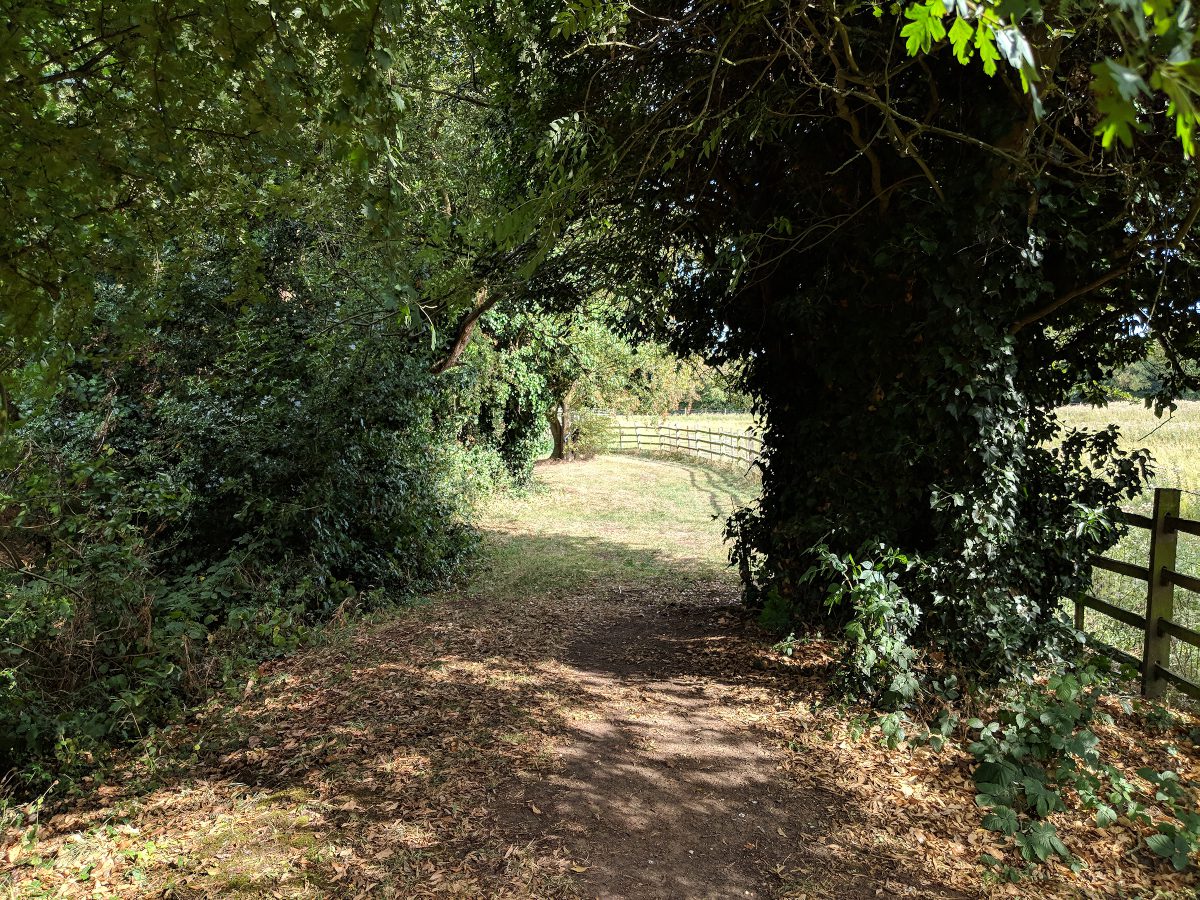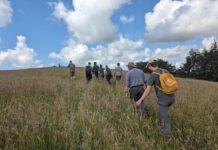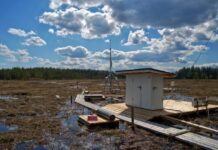
With one in three people – around 9.4 million households – lacking easy access to nature (and the huge health and wellbeing benefits that come from it), the voluntary organisations coalition Wildlife and Countryside Link has warmly welcomed new Green infrastructure Standards from Natural England (announced on 31 January). These standards recommend that everyone has good quality publicly accessible and natural greenspaces close to home.
But the nature group has also warned that this strong new resource could do little to boost access to nature without extra backing from Government, as the standards are voluntary not compulsory. A lack of additional funding from Government to improve nature is also a barrier to better access to nature in many communities, as numerous Local Authorities are struggling to afford to maintain, improve or develop natural spaces including parks, woodland and riverways. An estimated £190 million+ has had to be cut from Local Authority parks budgets alone in just 5 years.
Nature, mental and physical health, equality, and planning experts (all working together as part of the Nature For Everyone campaign) say the Government should be including these measures in its Levelling Up plans. This is vital to address inequalities across the country with lack of nature a particular issue for the most disadvantaged communities, with some having little or no greenspace. And ethnic minorities are also twice as likely to live in a nature-poor neighbourhoods.
Nature experts are calling for these new standards from Natural England on green infrastructure and access to nature to be made mandatory so they have to be taken into account at a local level in plan-making and all planning decisions for new development projects. The Government is being urged to support better access to nature for all through a legal right to nature in the Levelling Up and Regeneration Bill progressing through Parliament. And for them to be backed up by significant extra funding for Local Authorities to improve natural spaces in disadvantaged communities.
Dr Richard Benwell, CEO of Wildlife and Countryside Link, said: “Too many people live in polluted, nature-deprived neighbourhoods, at a great cost to mental and physical health. Billions of pounds could be saved for the NHS if everyone lived in a healthy environment, and millions of lives could be brightened. [1]
“The standards published today are a brilliant benchmark to judge whether enough is being done enough to level up people’s access to nature. Setting a clear mission in the Levelling Up Bill to ensure equitable access to a healthy environment will be a first test of whether the Government intends to take these standards seriously.”
Tom Ash, Policy & Advocacy Officer at the Wildfowl & Wetlands Trust (WWT) said: “From the smallest raingarden to stunning urban habitats like the London Wetland Centre, urban wetlands can help reduce flooding, stop water pollution and boost mental wellbeing. Natural England’s Green Infrastructure Framework will provide much needed guidance for local authorities and developers on how to harness the amazing multiple benefits of wetlands to make towns and cities healthier places to live.
“They will also help communities who want to build their own mini-wetlands work with local governments by making clear guidance and standards easily available.”
Dom Higgins, Head of Health and Education at The Royal Society of Wildlife Trusts (RSWT) said: “One third of people in England do not have nature-friendly places near their homes. That’s nearly nine and half million households that don’t get the proven wellbeing benefits from hearing birdsong, exercising in tree-lined parks or relaxing on a flower-filled bed of grass. Strengthened standards to create more access are welcome, but while they remain voluntary, very little will change. We owe it to people to create more natural places where people would benefit the most from them. Let’s get these standards in law.”
Helen Griffiths, Chief Executive of Fields in Trust, said: “Quality green infrastructure helps create better places to live and benefits people, places and the planet. Yet the Fields in Trust Green Space Index finds that green space is inequitably distributed across Britain. Provision of more and better green spaces will make towns and cities more attractive and healthier places for communities to live and work – all of which contribute to regeneration and the Levelling Up of left behind neighbourhoods.
“As a green space charity, Fields in Trust is proud to champion our parks and green spaces by protecting them for people to enjoy in perpetuity. Our collective experience of Covid-19 generated a major shift in the way people talk about and value their green infrastructure – it remains crucial for our recovery and resilience, but must be future-proofed. We believe that the voluntary standards need a stronger mandate to ensure equitable and universal access, protecting our parks and green spaces for the long term. They do us all a world of good, so it’s up to us – all of us, to protect our parks and green spaces for good.”
Research by Wildlife and Countryside Link last year showed that there is strong public support for the Government to improve access to local nature. The findings revealed that
- 83% of Brits want greater protections to stop nature loss to development, and 85% say accessible natural spaces should be a much higher priority in new developments.
- 80% of Brits want a ‘legal right to local nature’, with 83% saying having access to local natural spaces is more important post-pandemic
- 85% of people in nature-deprived areas say more natural spaces would improve their quality of life







